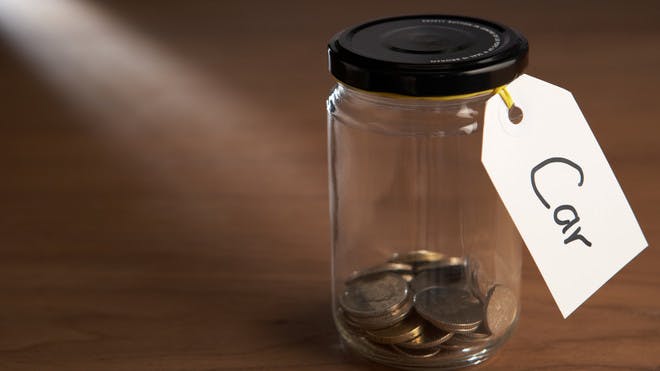Buying a car: which financing option is best for me?

If you’re not particularly flush and your savings won’t quite stretch to buy a car outright, there are lots of car finance options out there to help you get that new set of wheels.
Also known as car leasing, one of the most popular ways of buying a car is a personal contract hire (PCH) plan.
Which one is best for you really depends on your circumstances, and it can all get a bit confusing. To help, we’ve broken down the three most popular ways of financing a new or used car, so you can make the right decision.
What is hire purchase?
Hire purchase is a type of car loan which is very much like a mortgage. You pay an initial deposit (usually 10%) and the finance company will loan you the remaining balance, which you repay in monthly instalments.
How much you have to fork out first and then repay regularly depends on the cost of the car, the length of your loan and how much interest that you are charged.
At the end of the agreed term, you will have paid the loan off – which means that you own the car outright. However, should you miss a repayment, you could lose the vehicle as it is secured against the loan. So, it is essential that you ensure that you can afford the monthly payments.
The good news, if you find yourself unable to pay your bills, so long as you have cleared half of the loan, you may be able to return the vehicle and not have to make any more payments.
What is Personal Contract Purchase (PCP)?
A Personal Contract Purchase (PCP) is another way to finance a car purchase – although, it can appear to be a more complicated way to do it.
Much like Hire Purchase (HP), you must put down a deposit first, then you can use the car during the length of the contract.
At the end of the term, you can either hand the car back or use the resale value toward buying a new car.
If you want to keep the car, you’ll need to make a final payment, often called a balloon payment. This is based on what the dealer thinks the car will be worth when you bought it. This is called Guaranteed Future Value (GVF) and can range from a few hundred to a few thousand pounds – substantially more than your monthly payments.
If you haven’t got this money saved, you may have to take out another loan to pay it off, which can be costly.
With this type of car financing, you will be set a mileage restriction. Exceed this, and you will be charged. What’s more, excessive wear and tear and damage, such as scratches, can mean you have to pay out extra at the end of the term.
To end the deal early or cancel it, you must have paid half the value of the vehicle. If you haven’t, you’ll need to pay the difference before you can get out of the contract, and this can soon add up.
Also, if you have any plans to take your car abroad, check your PCP contract as some companies say that you can only take the vehicle out of the country for a certain number of days.
Like all car finance options, how much you repay overall depends on the cost of the car, your deposit, the length of your loan and how much interest that you are charged. You will be subject to a credit check, which can have an impact on the deal that you are offered.
What is Personal Contract Hire (PCH)?
Also known as car leasing, one of the most popular ways of buying a car is a personal contract hire (PCH) plan. With this financing option, you will never actually own the car, but “rent” it for a long term – often 24 to 48 months.Generally, the longer the agreement, the lower the monthly payments.
Here, you pay the dealer a fixed monthly amount for the use of a car, with servicing and maintenance included, as long as the mileage doesn’t exceed a specified limit.
If you’re not planning to buy the car at the end of your agreement then a PCH might be a cheaper way to go about it. While it usually costs more per month than PCP, the overall cost can work out cheaper as the payment includes servicing and maintenance costs.
As with any loan, you will need to pass a credit check, which will have an impact on the deal that you are offered. You will also be expected to keep your car in good condition – any damage above “normal wear and tear” could cost you dearly.
Make searching and staying updated even easier.